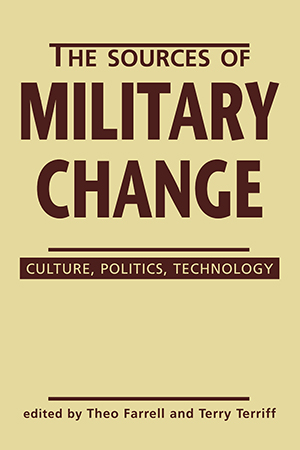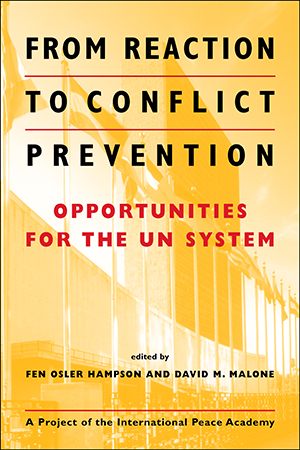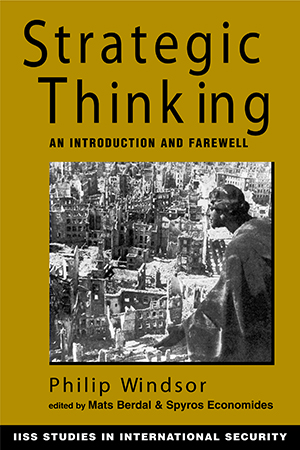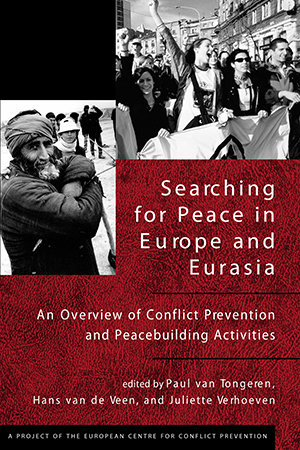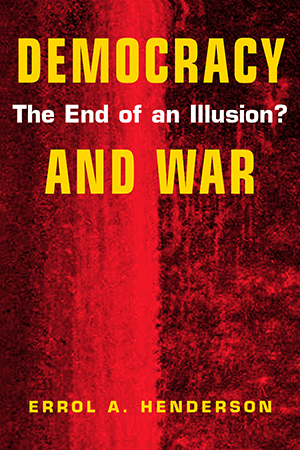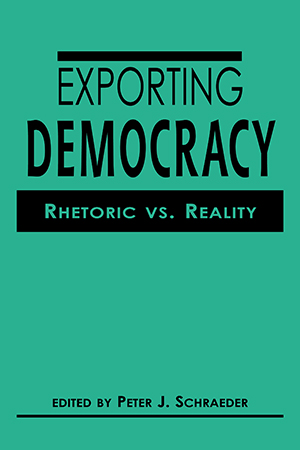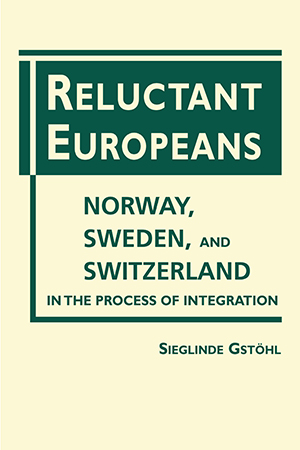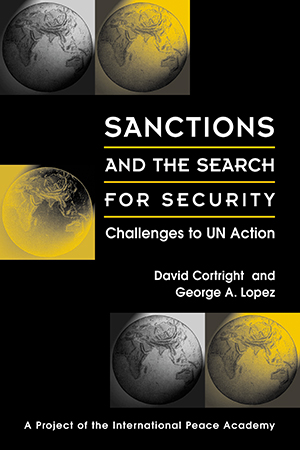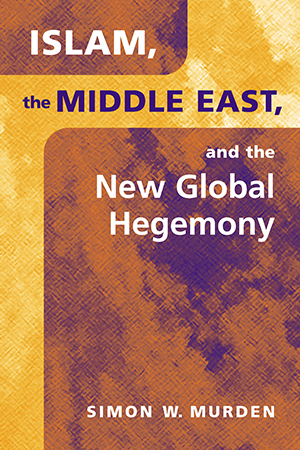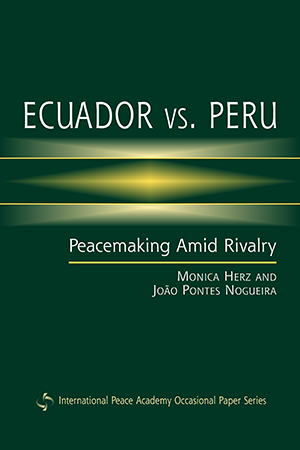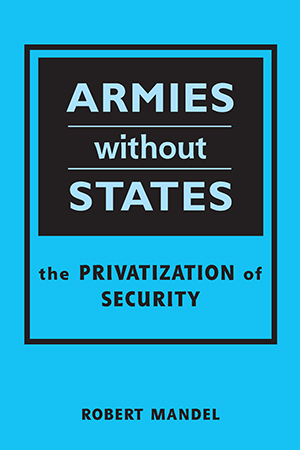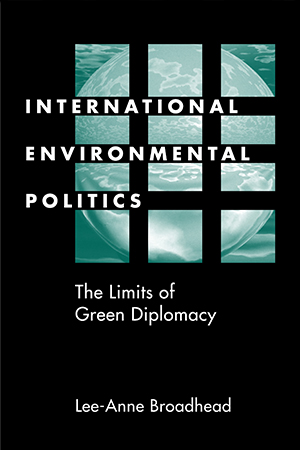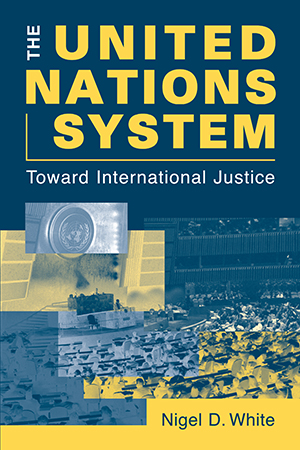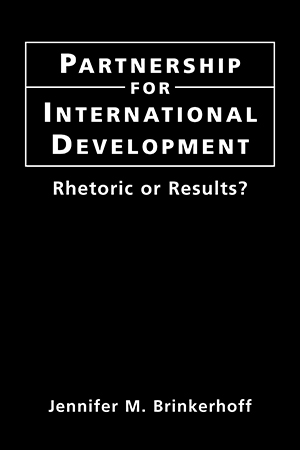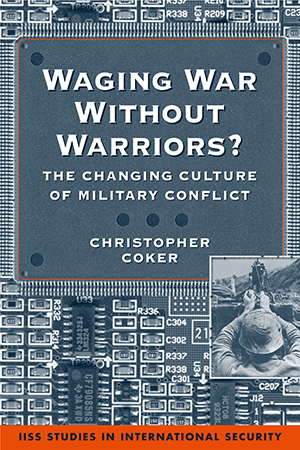International Relations (all books)
In varying circumstances, military organizations around the world are undergoing major restructuring. This book explores why, and how, militaries change. The authors focus on a complex of More >
Though the prevention of conflict is the first promise in the Charter of the United Nations, it is a promise constantly betrayed by international organizations, governments, and local actors More >
In this, his final book, Philip Windsor explores the emergence, meaning, and significance of the Cold War mentality. Tracing the evolution of strategic thinking from its origins in medieval More >
Searching for Peace in Europe and Eurasia offers much-needed insight into the possibilities for effective conflict prevention and peacebuilding throughout the region. Presenting surveys of More >
Errol Henderson critically examines what has been called the closest thing to an empirical law in world politics, the concept of the democratic peace. Henderson tests two versions More >
In recent years, debates within academic and policymaking circles have gradually shifted—from a Cold War focus on whether democracy constitutes the best form of governance, to the More >
Analyzing some thirty policy decisions across three countries and five decades, Sieglinde Gstöhl considers why some countries continue to be "reluctant More >
Following on the publication of The Sanctions Decade—lauded as the definitive history and accounting of United Nations sanctions in the 1990s—David Cortright and George Lopez More >
Simon Murden investigates how Muslim societies in the Middle East are being affected by globalized politics and economics, and how they are adapting to it. Murden describes how a More >
Although the 1995 Cenepa war between Ecuador and Peru was the first military conflict in South America in more than five decades, the Ecuador-Peru relationship might be characterized as one More >
What does the increasing use of private security forces mean for governments? For individuals? Armies Without States offers a comprehensive analysis of the varieties, causes, and More >
Introducing students to global environmental politics from a critical perspective, Lee-Anne Broadhead reveals the yawning gap between the rhetoric of international agreements and the reality More >
To what extent does the United Nations system work? This comprehensive survey of the world's most important family of international organizations examines the UN's structure and More >
In the search for institutional models that can deliver more and better development outcomes, partnership is arguably among the most popular solutions proposed. But the evidence of More >
In the past, posits Christopher Coker, wars were all-encompassing; they were a test not only of individual bravery, but of an entire community's will to survive. In the West today, in More >



